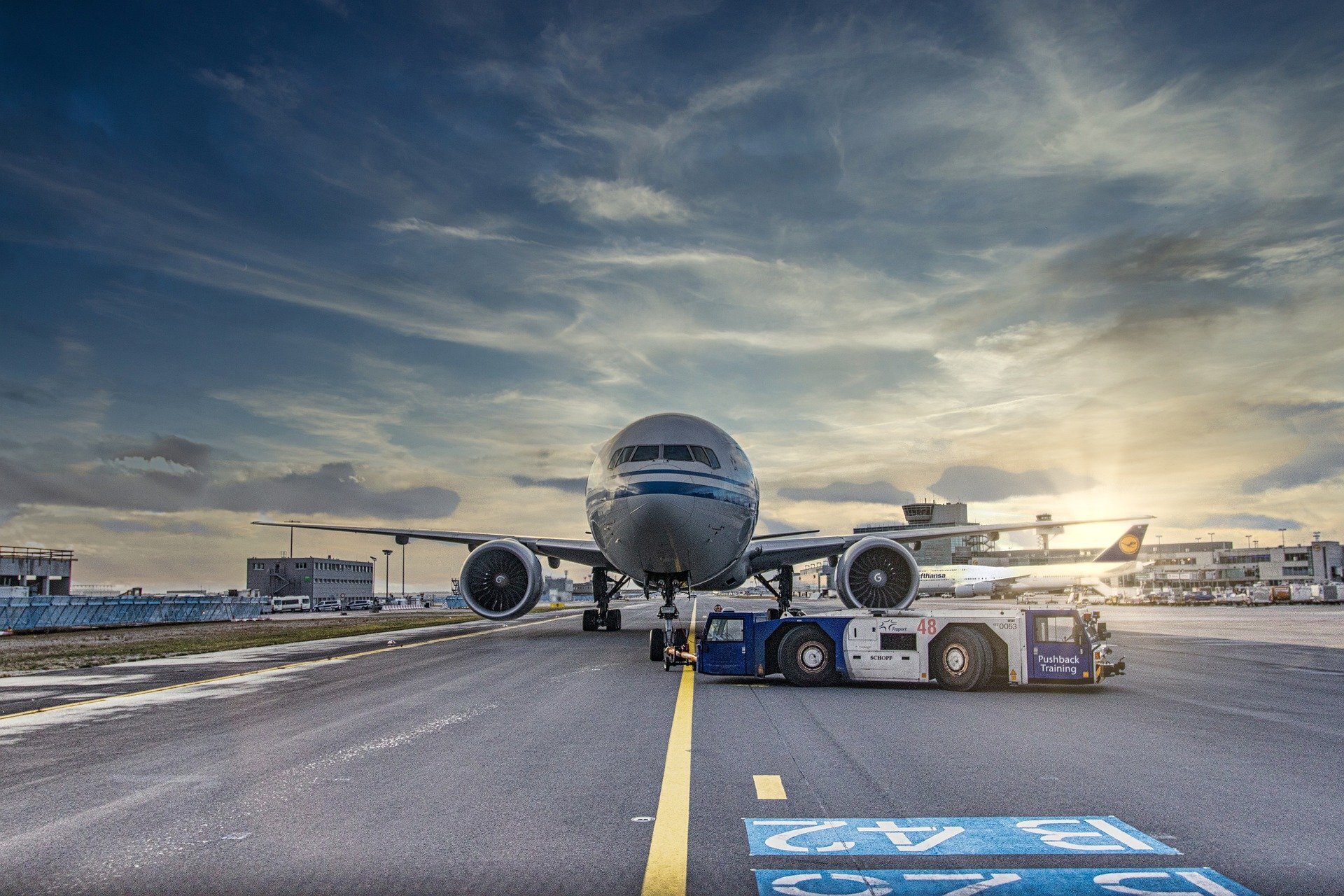A global agreement designed to tackle airline emissions could actually undermine Europe’s climate efforts, according to an EU study obtained by Transport & Environment (T&E).[1]
The Corsia deal, under which airlines can pay to offset growth of carbon pollution, is “unlikely to materially alter” the climate impact of air travel, it finds. T&E said the EU cannot rely on the ineffective UN offsetting scheme and should re-integrate into its carbon market (ETS) the emissions from flights entering and exiting Europe.
The EU ETS currently includes all flights within the European Economic Area but not flights in and out of the region. In June, the EU Commission, which has delayed publishing the analysis, will say how it thinks the UN agreement should apply to European flights.
The EU study finds:
Regulating EU airline pollution with Corsia alone is the worst option. “This option is associated with the biggest global net aviation CO2 emissions increase…” (p26)
- Corsia “risks undermining the ability to reach net-zero emissions by mid-century” if it replaces existing EU climate regulations. (p17)
- It’s questionable whether the carbon offsets actually deliver emissions reductions. “None” of the approved offsetting programmes meet all the required criteria. (p18)
- At less than €1, carbon offsets will be too cheap to deter airlines from growing their emissions.[2] There is currently an excess supply of carbon offsets due to a weakening of the Corsia rules following industry lobbying last year, with three times as much supply than demand.
There is little chance of these issues being resolved. For example, the quality of offsets will not improve: “...the scope for delivering high quality credited emission reductions will decline.” (p48)
Jo Dardenne, aviation manager at T&E, said: “We have wasted almost a decade coming up with an airline CO2 scheme which is actually bad for the climate. Airlines will pay less than a euro to buy carbon offsets that won’t work. The study is a warning to the EU to take back responsibility for addressing pollution on European flights.”
The EU should re-integrate emissions from flights departing European airports now that the UN process has delivered a hopelessly weak CO2 scheme, T&E said. In 2013 the bloc tried to add international aviation to its ETS, but industry pressure resulted in flights between EU and non-EU countries being excluded to “create space” for Corsia.
Jo Dardenne concluded: “Europe should forget about relying on the UN to properly address airline emissions. Offsetting clearly doesn’t work. A reformed EU carbon market and an ambitious green jet fuels law will put airlines on the path to zero emissions.”
[1] The unpublished EU study was obtained by T&E via an ‘access to documents’ request.
[2] The study shows that a majority of credits eligible for Corsia are trading at prices under €1 (page 144).
